Walmart May Exit Flipkart Merger Due To New FDI Rule
By MYBRANDBOOK
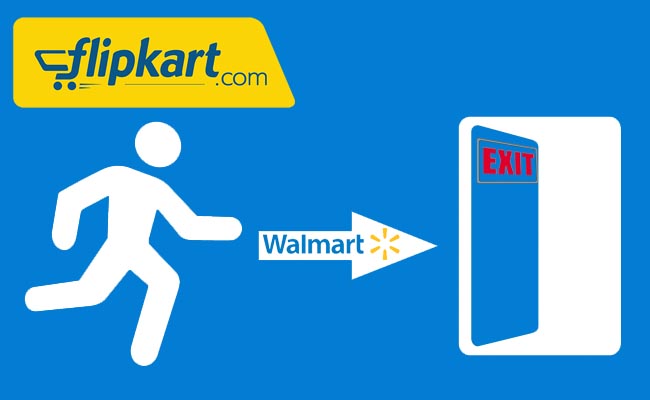
Walmart(NYSE:WMT) could exit Flipkart after India introduced new e-commerce rules which prevent e-commerce marketplaces from selling items from their own companies . A a Morgan Stanley report says,“An exit is likely, not completely out of the question, with the Indian e-commerce market becoming more complicated,” the report said.
The report further says, as the Indian e-commerce market is getting complicated, Walmart can take an exit. As per the new rule, disallowed online marketplaces like Flipkart and Amazon from selling their own products, or products from companies that they held an equity ownership in. The rules were intended to provide smaller sellers a level playing field to compete with the large marketplaces. This rule may compel Flipkart /Amazon to remove as much as 25 percent products from its platform. The norms also do not allow exclusive brand deals and representation of products where e-commerce firms may have equity relations. This takes away profitable smartphones and electronics deals that were so successful on its platforms during sale seasons.
With the new rules prevented e-commerce sites from having exclusive partnerships with manufacturers, which meant that future sales of smartphones couldn’t be restricted only to one site. The fact is, E-commerce companies works on the philosophy like, Science of giving discount. Like, Amazon and Flipkart account for more than 70 percent of online sales in India, meaning the changes will likely cause widespread disruption. Industry players, especially market leaders. An industry expert says, Indian retailers/resellers segments has lost about 100 Billion USD,due to the act of the e-commerce companies( Wallmart/Flipkart/Amazon and others...),where as they has discounted about 10 billion USD in revenue.
E-commerce firms say, it is the sellers and vendors on these platforms who offer these big discounts to the customers. But what is the reality? The tighter rules, aimed at protecting small traders, may end up benefiting the country’s richest man, Mukesh Ambani, who is building a home-grown competitor.
Ambani’s new venture. His Reliance Industries Ltd., which owns India’s largest retail chain and third-biggest telecom network, has the potential to evolve into a local version of Amazon or Alibaba Group Holding Ltd. Reliance can gain market share in new-age retail given its starting point of 280 million telecom subscribers, a broadband offering, extensive content and a web of 10,000 stores nation-wide. The company also wants to partner with India’s 12 million mom-and-pop shops to create distribution and delivery centers by creating a model( Deshi style) that combines Reliance’s consumer offerings into a “hybrid, online-to-offline new commerce platform.”
Apart from E-commerce companies offers discounts on regular basics, These firms come up with discounts like Amazon’s Great India sale, Flipkart’s Big Billion Day and Snapdeal’s Unbox Diwali etc. Generally, the discounts anywhere between 10% to 70% or more.
The new regulations to hit Indian e-commerce marketplaces hard. Smartphones and electronics would feel the greatest immediate impact because of the necessary changes to supply chains and existing exclusivity deals.
The Indian e-commerce market is projected to grow to US$ 200 billion by 2026 . Much growth of the industry has been triggered by increasing internet and smartphone penetration. The ongoing digital transformation in the country is expected to increase India’s total internet user base to 829 million by 2021 from 560.01 million as of September 2018. India’s internet economy is expected to double from US$125 billion as of April 2017 to US$ 250 billion by 2020, majorly backed by ecommerce. Now, it becomes a big question mark.
In order to increase the participation of foreign players in the e-commerce field, the Indian Government hiked the limit of foreign direct investment (FDI) in the E-commerce marketplace model for up to 100 per cent (in B2B models). To complement the growth, the Union Budget of 2018-19, government has allocated Rs 8,000 crore (US$ 1.24 billion) to BharatNet Project, to provide broadband services to 150,000 gram panchayats.
Amazon(NASDAQ: AMZN) has launched its first shopping website in India in February 2012 ,along with Junglee.com, the site which allowed customers to compare prices online but not purchase items directly. By selling initially only sell books, films and TV shows but plans to offer mobile phones and cameras within weeks. India has over 50 million active internet users, about 40% of whom have previously made purchases online. Third party retailers will sell their goods through Amazon's site using a "marketplace" model, a familiar retail concept in India. The module is like, sellers send their goods to Amazon's warehouse near Mumbai. When an order is placed, Amazon packs and sends the order to the customer. That time Flipkart were infants and buying online was a new concept for most Indians. So, it was a fair competition. Amazon which was already successful in international market put huge investment in Amazon India and was fairly successful.
E-commerce is inherently a very capital intensive game and a winner takes all market - consolidation happens fast and the company that can build scale the gets to destroy the rest of the players in the market. The same thing has happened in India. Now, both the rivalry conglomerates have come together in India to lobby the government on regulations that threaten to dampen their expansion ambitions. Among other things, the giant retailers are asking for an extension on a Feb. 1 deadline for implementing those rules.
Another act is, they are campaigning together against the new rules because these companies have over $20 billion at stake in the Indian market. At least another $10 billion investment will be made by these two companies in the next few years and this is the leverage they are trying to use.” The two companies have together lost market capitalisation of $50 billion. Amazon lost market capitalisation of over $45 billion on Nasdaq while Walmart lost over $5 billion on the NYSE.
Walmart invested $16 billion last year to acquire Flipkart Online Services Pvt, and Amazon has invested in offline retailers like Shopper’s Stop and is reportedly discussing investing in Future Retail. Amazon said , it’s evaluating the new guidelines and will engage the government as needed, without addressing the issue of joint lobbying.
They have pulled thousands of products offline and as many as 400,000 items accounting for a third of Amazon’s estimated $6 billion in annual sales in India could be at least temporarily affected. These include Amazon’s own devices, such as the Kindle, Fire TV Stick, and Echo speakers.
As per the report, Walmart-Flipkart saga might turn out to similar to what happened with Amazon in China in late 2017, after seeing that the model no longer worked for them. However, Binny Bansal and Sachin Bansal becomes a Billionaire with the acquisition of Walmart’s $16 billion, a deal that stunned the domestic tech industry across the globe.
Reliance will probably use the opportunity posed by the government’s tighter rules to make a “grand entry” into e-commerce, said Praveen Khandelwal, national secretary general for the Confederation of All India Traders said.


Nazara and ONDC set to transform in-game monetization with ‘
Nazara Technologies has teamed up with the Open Network for Digital Comme...

Jio Platforms and NICSI to offer cloud services to government
In a collaborative initiative, the National Informatics Centre Services In...
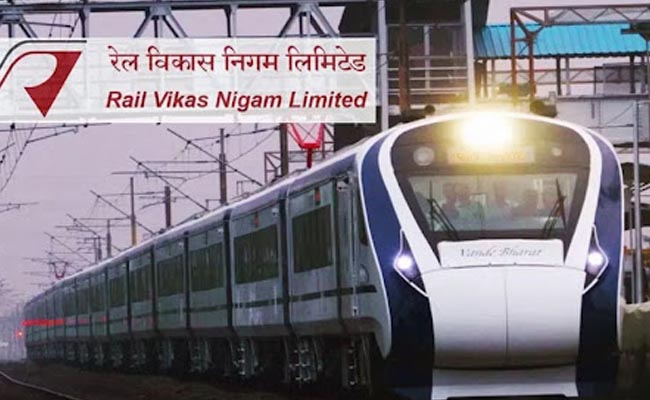
BSNL awards ₹5,000 Cr Project to RVNL-Led Consortium
A syndicate led by Rail Vikas Nigam Limited (abbreviated as RVNL), along wi...

Pinterest tracks users without consent, alleges complaint
A recent complaint alleges that Pinterest, the popular image-sharing platf...


ICONS OF INDIA : SANDIP PATEL
Sandip Patel is the Managing Director for IBM India & South Asia regio...

ICONS OF INDIA : SANTHOSH VISWANATHAN
Santhosh Viswanathan is the the Vice President and Managing Director f...
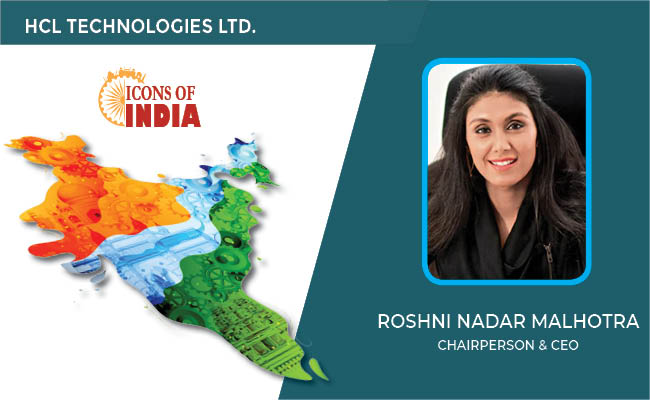
ICONS OF INDIA : ROSHNI NADAR MALHOTRA
Roshni Nadar Malhotra is the Chairperson of HCLTech, a leading global ...


IFFCO - Indian Farmers Fertiliser Cooperative
IFFCO operates as a cooperative society owned and controlled by its fa...
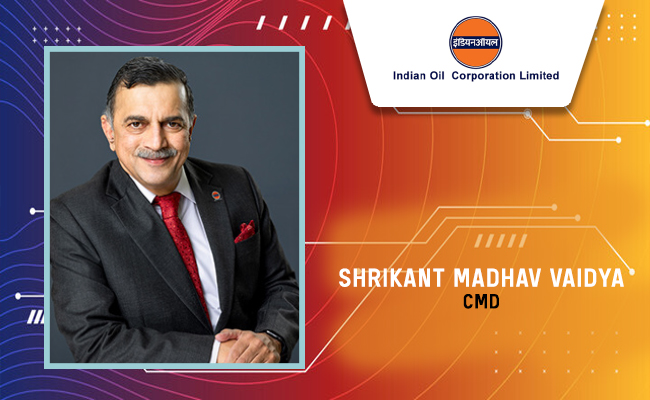
IOCL - Indian Oil Corporation Ltd.
IOCL is India’s largest oil refining and marketing company ...
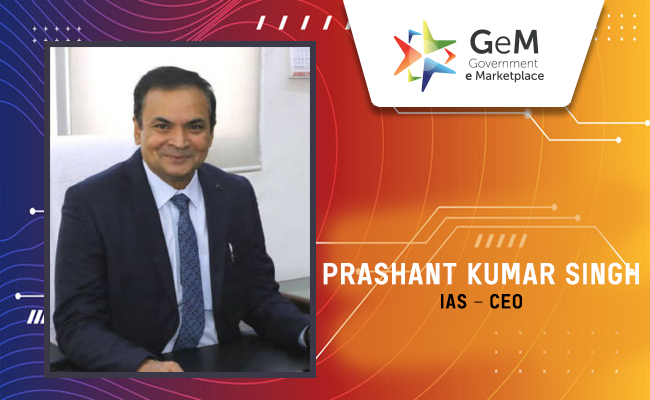
GeM - Government e Marketplace
GeM is to facilitate the procurement of goods and services by various ...


Indian Tech Talent Excelling The Tech World - JAY CHAUDHRY, CEO – Zscaler
Jay Chaudhry, an Indian-American technology entrepreneur, is the CEO a...

Indian Tech Talent Excelling The Tech World - Aman Bhutani, CEO, GoDaddy
Aman Bhutani, the self-taught techie and CEO of GoDaddy, oversees a co...

Indian Tech Talent Excelling The Tech World - NIKESH ARORA, Chairman CEO - Palo Alto Networks
Nikesh Arora, the Chairman and CEO of Palo Alto Networks, is steering ...